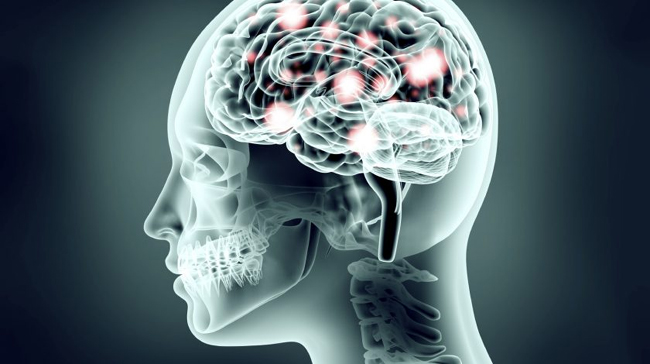Brain injuries from accidents are not always obvious and the symptoms are often subtle and often missed. Trauma to the skull can cause many different types of closed head injuries, such as contusion, concussion, coup-contrecoup, diffuse axonal, subdural hematoma, traumatic brain injury, and more. Unfortunately, many brain injuries happen entirely inside the head, leaving no outside sign. Just like a broken rib or arm sprain, no immediate outward indication is visible and therefore brain injuries from accidents are not always obvious.
Brain Injuries from Accidents are Not Always Obvious
So, just how common are brain injuries in auto collisions? This is a difficult question to answer because federal agencies like the National Highway Traffic Safety Administration, the National Centers for Disease Control and Prevention, and Federal Highway Administration, do compile statistics about the number of motor vehicle crashes, motorists and passengers injured or killed, types of common accident injuries, but there is limited data quantifying head injuries.
However, there is some federal and state data, neuroscience information, and consumer safety statistics available. We do know millions of head injuries occur in the United States every year, but the clear majority are minor. We also know car crashes are the leading cause of brain injuries. Auto collisions result in about 28 percent of traumatic brain injuries or TBI. While sports, like football, hockey, and others, cause approximately 20 percent of all head injuries.
Closed head injuries are much more common than penetrating head injuries in crashes. They typically occur when the head strikes the windshield, dashboard or steering wheel. Research indicates that even low-speed car accidents can result in mild brain trauma. Not only that, but mild TBI/concussions are increasingly recognized as a source of brain damage that can cause long-term problems with thinking and memory. –Brain Injury Society
Car crashes are the cause for a full 49 percent of the half-million brain injuries requiring hospitalization annually. And, traumatic brain injuries are responsible for over one-third, 34 percent, of all fatalities each year.
Signs of a Brain Injury
Even though head injuries are very serious, they aren’t always obvious. In fact, a person can suffer a brain injury and not show any signs for hours, days, and even longer. Generally, the younger the individual, the more time that will pass before symptoms appear. This means a toddler who suffers the same type and force of a head injury as a middle-aged person probably won’t show signs as quickly. But, there are ways to tell if a person suffers a brain injury:
- Dizziness. A person might feel dizzy immediately after or sometime after suffering a brain injury.
- Headache. Persistent and/or severe headache is another sign of a head injury.
- Vomiting. Some people experience vomiting after suffering from a mild or severe brain injury.
- Pupil dilation. A person’s pupils can dilate unevenly after experiencing a head injury.
- Fatigue. Slow heart rate, breath rate, and fatigue are also symptoms.
- Loses consciousness. A loss of consciousness, no matter how brief, is yet another sign of a brain injury.
Other signs include stiff neck, convulsions, trouble hearing, impaired vision, difficulty tasting and smelling, loss of coordination, slurred speech, drowsiness, low blood pressure, blurred vision, confusion, difficulty following instructions, and irritability. In addition, some brain injury signs are obvious, like laceration to the skull, open head wound, and head and/or skull swelling. It’s important to keep in mind, only a few or less of these symptoms might manifest after suffering a head injury. So, it’s important to seek medical attention right away, even if you do not believe you are hurt in a car collision. If you or a loved one has been involved in an accident, especially if it resulted in a brain injury, you need to speak with an experienced attorney as soon as possible. It’s very important to learn about your legal rights and whether you may be entitled to compensation. The time frame for you to file a claim is limited by the law, so don’t wait another moment. Contact Vititoe Law Group today for a free case evaluation.








